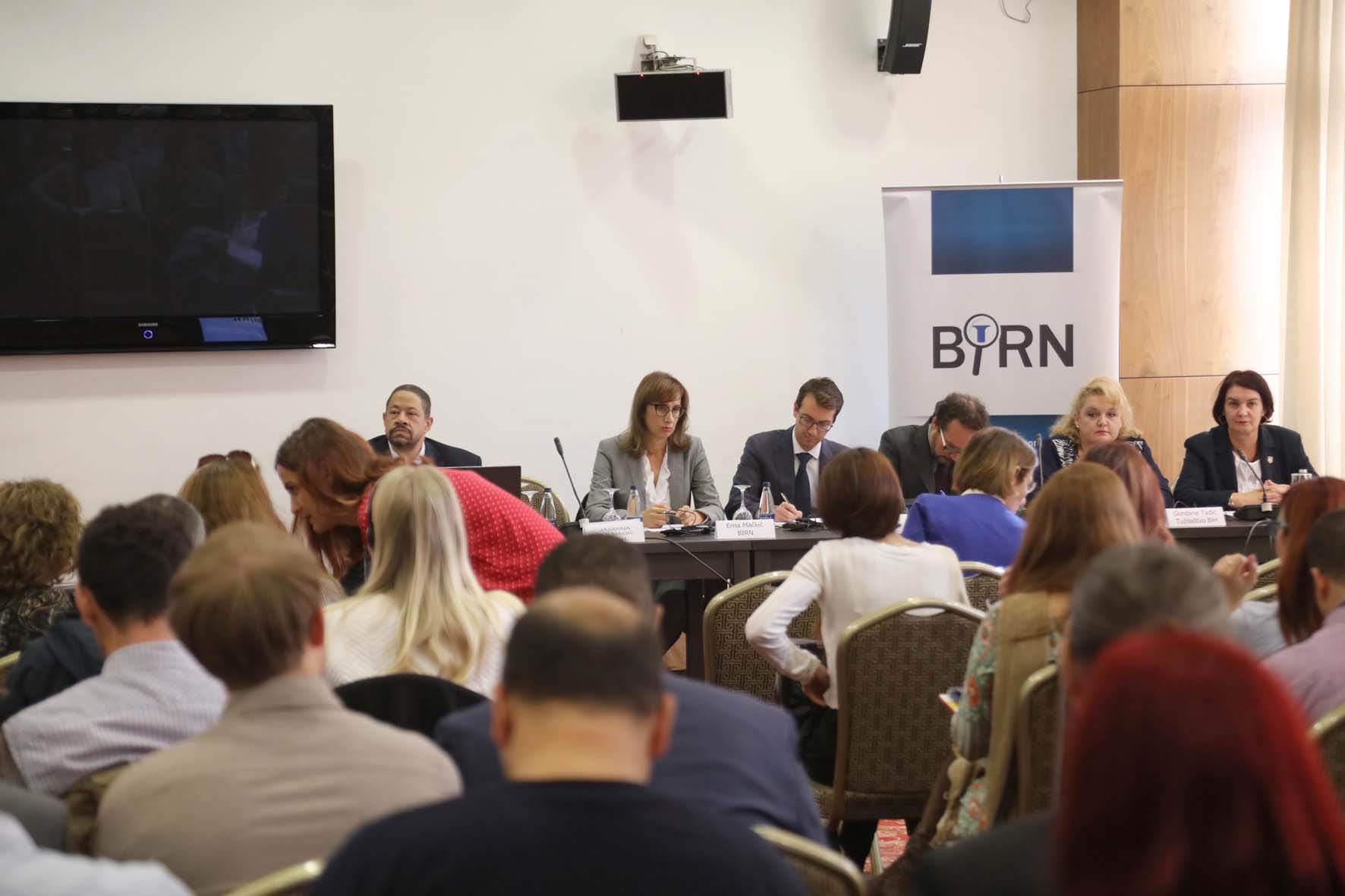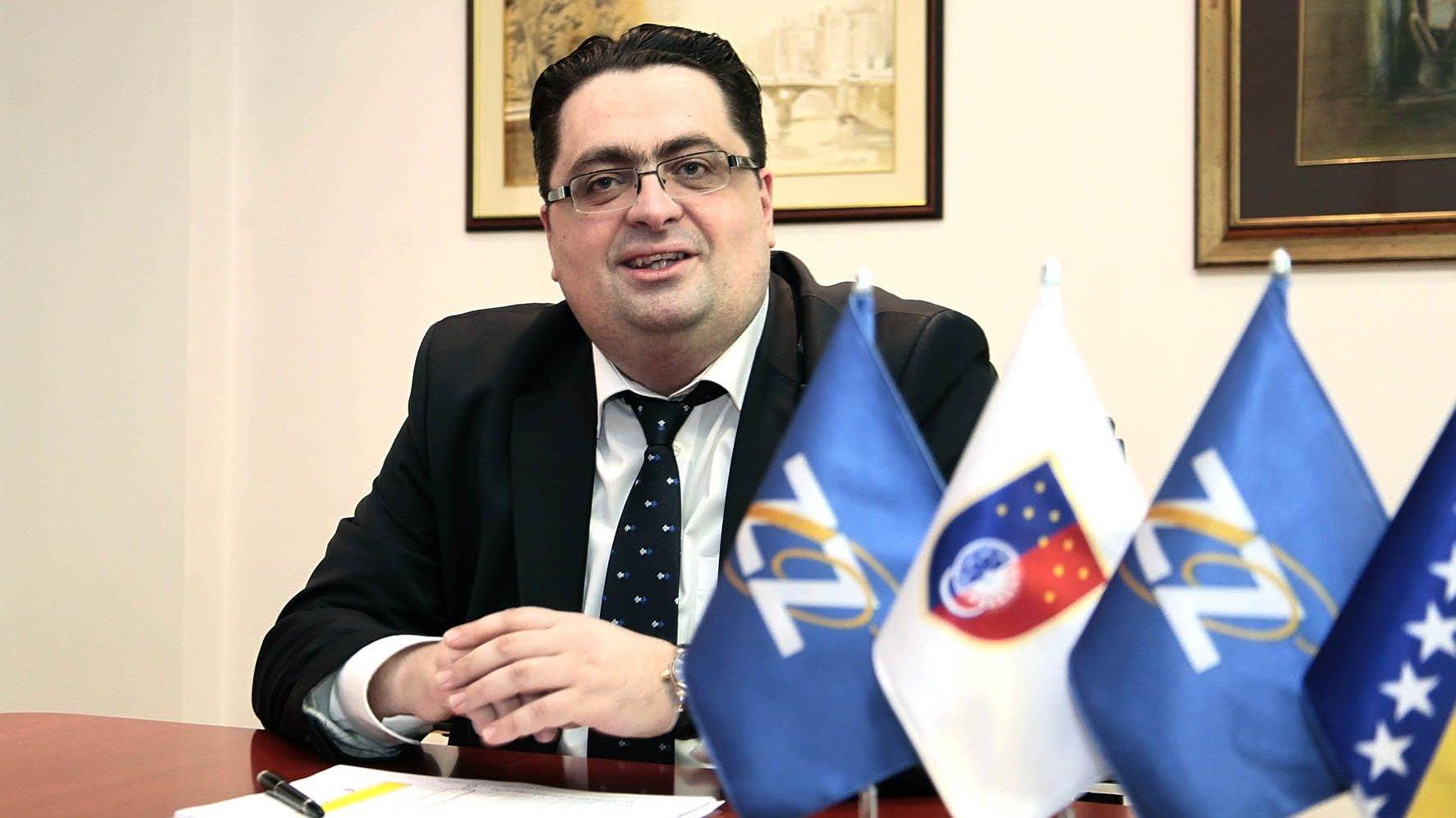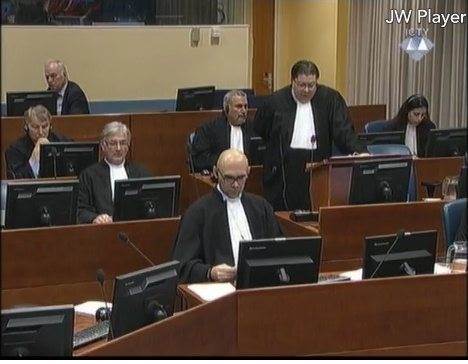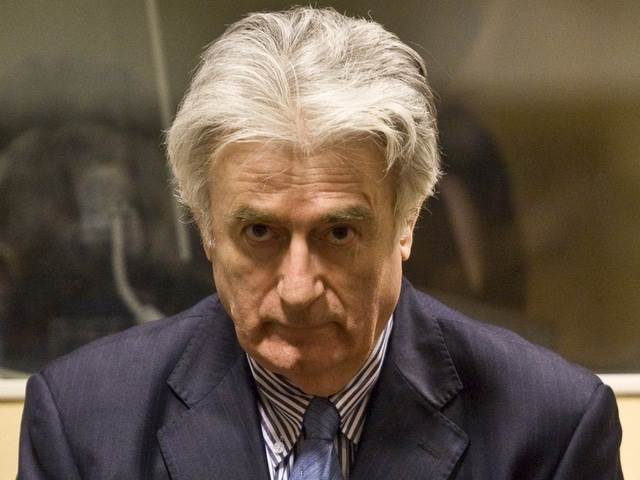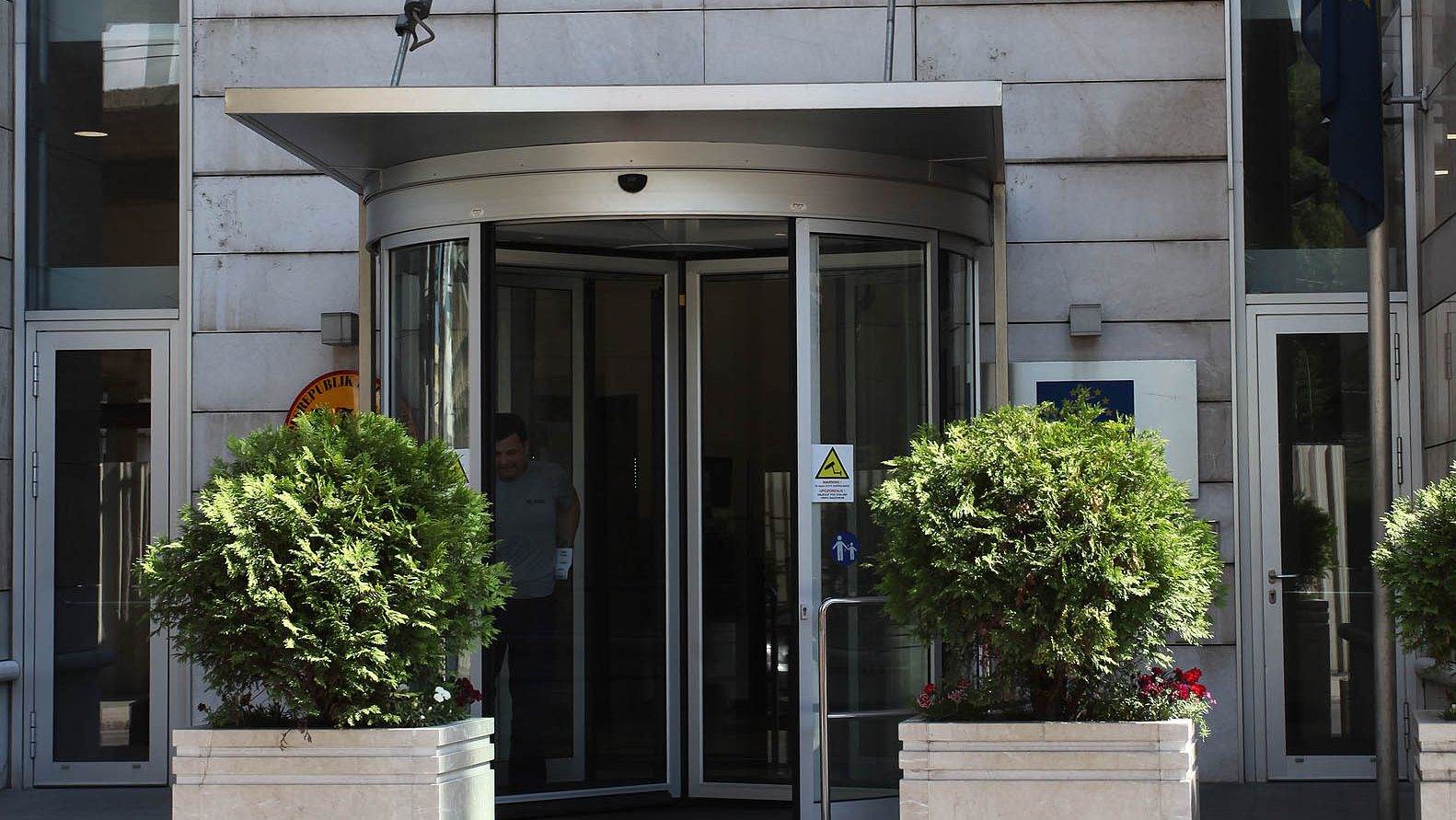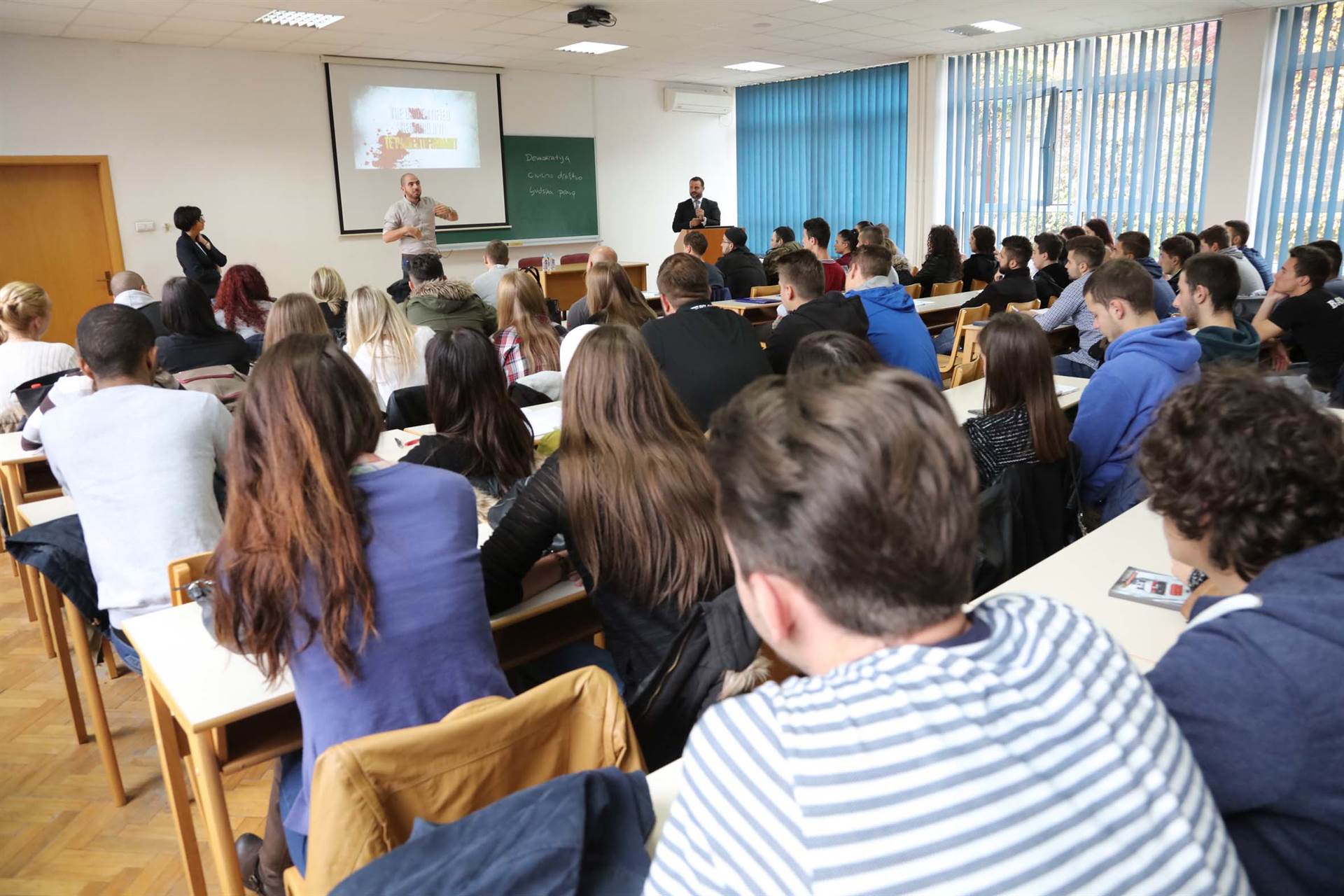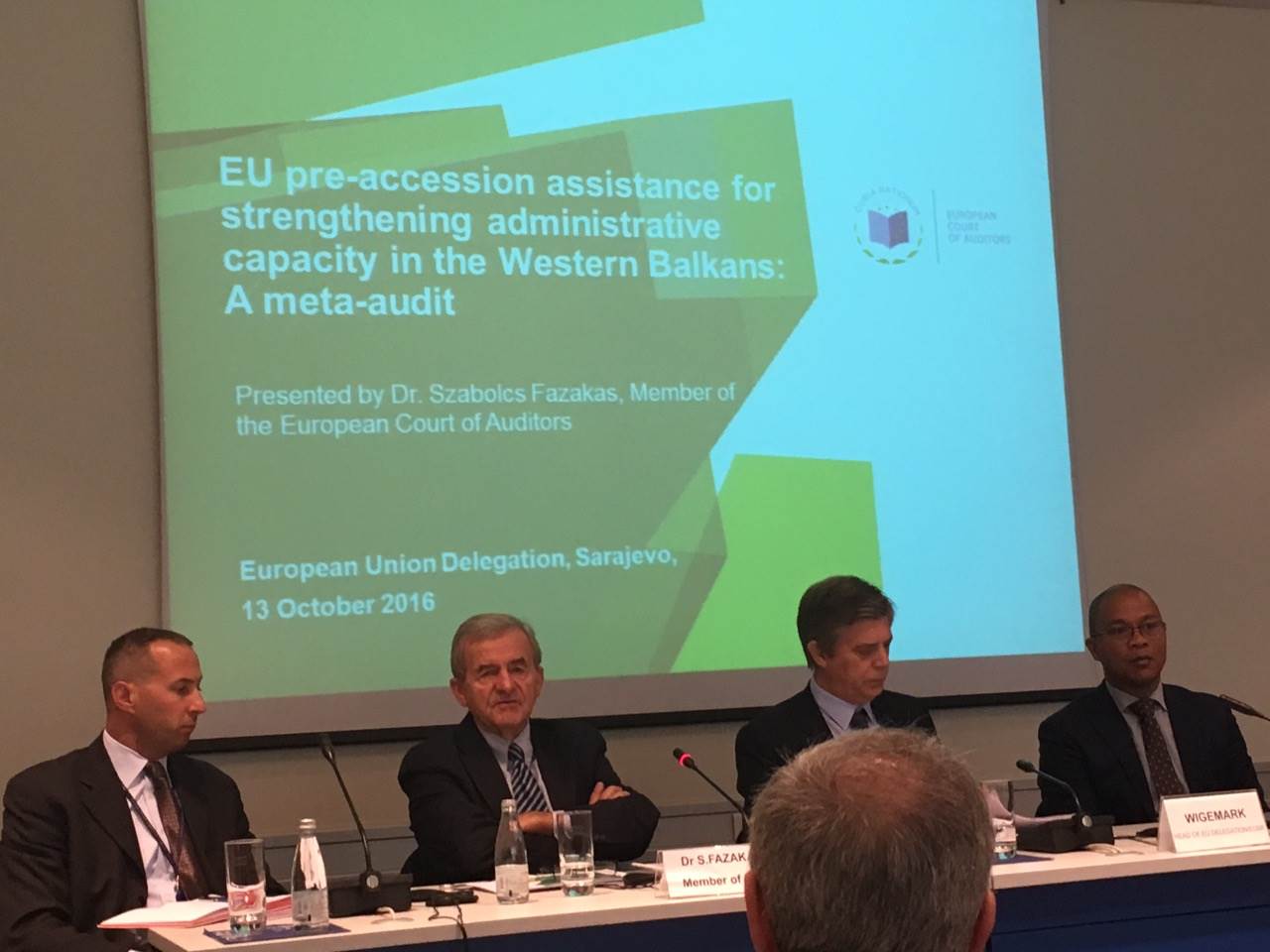In its 11th year, the Balkan Investigative Reporting Network Bosnia and Herzegovina (BIRN BiH) began reporting on corruption, organised crime and terrorism, while maintaining a leading role in monitoring war...
The former director of the Health Insurance Institute of Sarajevo Canton faces a lawsuit after spending more than 20,000 euros on a conference in the US that never took place.
In closing arguments at Ratko Mladic’s trial, the defence said UN prosecutors did not prove the former Bosnian Serb military chief’s forces committed genocide in six Bosnian municipalities in 1992....
Former Bosnian Serb President Radovan Karadzic has filed an appeal challenging the Hague Tribunal’s verdict sentencing him to 40 years in prison for genocide and crimes against humanity.
The prosecution in the genocide and war crimes trial of former Bosnian Serb military chief Ratko Mladic will begin its closing statements at the Hague Tribunal on December 5. Four-and-a-half...
Travelers to Europe from non-EU Balkan states will have to undergo new online security checks before they can proceed, if the Commission’s plan is adopted.
Sarajevo University’s law and political sciences faculties screened BIRN’s documentary ‘The Unidentified’, about the Serbian fighters responsible for some of the worst atrocities of the Kosovo war in 1999. ‘The...
Disciplinary proceedings were launched against state prosecutor Miroslav Janjic because he failed to include five people’s deaths in a war crimes indictment, not because he indicted a Bosniak commander, prosecutors...
European auditors said the European Commission has provided relatively little funding for projects in the field of freedom of the media and the fight against organised crime and corruption in...
